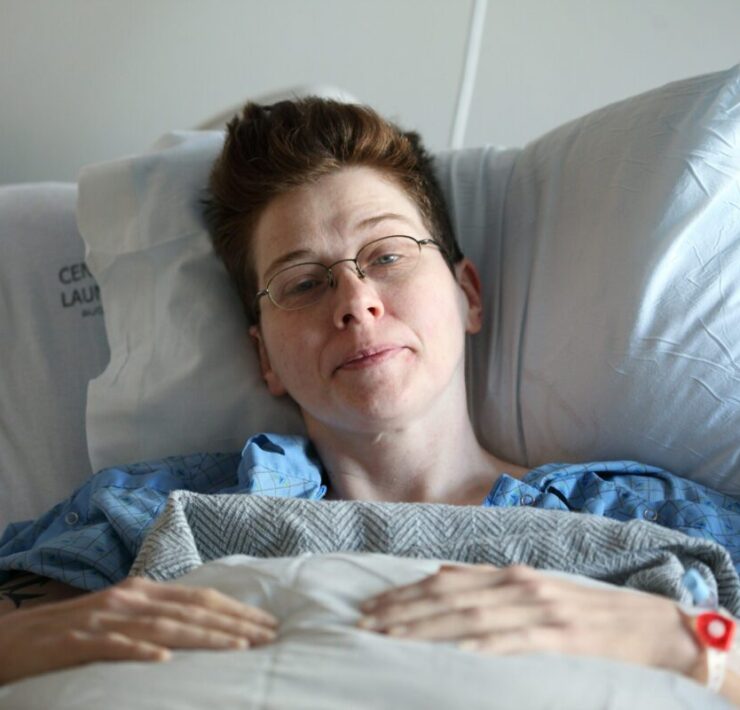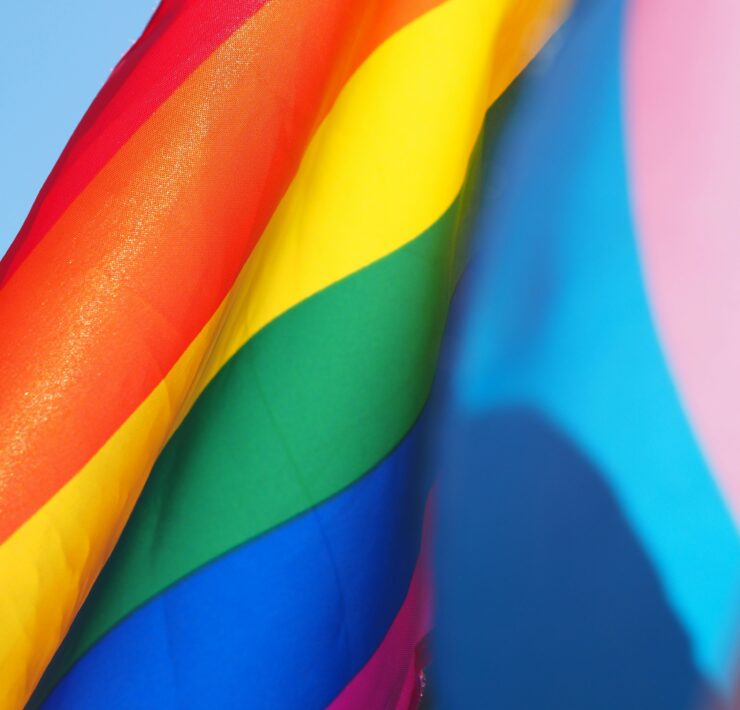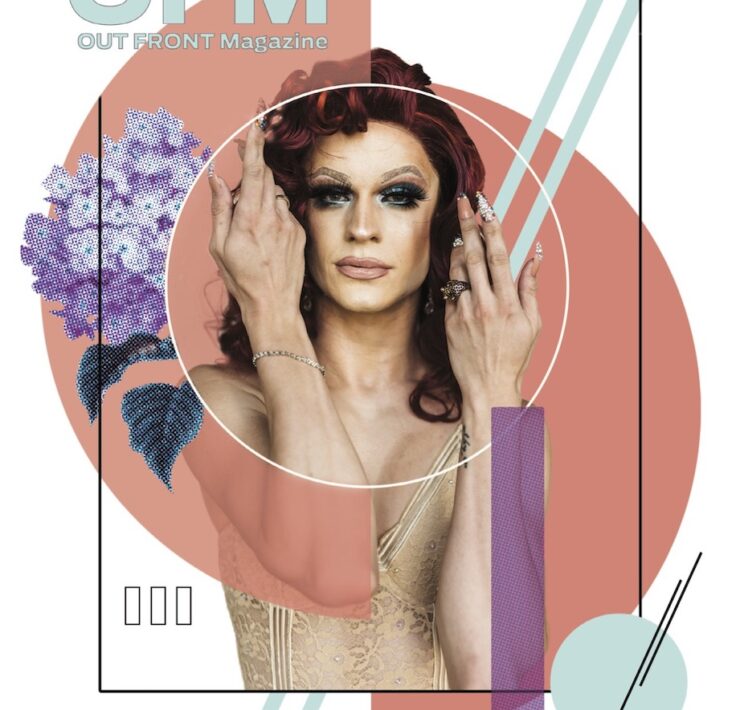How to Get Queer Healthcare in 2020

In an ideal world, all healthcare would be LGBTQ-friendly, or, simply put, globally humane for all individuals. As it stands, though, if you are not a cis, white, straight person, and sometimes even if you are, you are likely to have had an uncomfortable, if not harmful, experience with a healthcare professional.
LGBTQ advocacy organization One Colorado reported from a recent survey that while 95 percent of LGBTQ Coloradans have health insurance, one in five have been denied care by a provider for being LGBTQ. This is unacceptable, and no individual should be blocked from living their best life.
Discrimination, hurdles, and even the anxiety of having to come out over and over again to healthcare professionals are not only defeating but downright counterproductive. Seeing a healthcare professional should be a source of useful information and not an exchange that violates, alienates, or prevents a patient from maintaining a healthy life. Those in the LGBTQ community should have both access to adequate healthcare and the safe space to have and maintain healthy, thriving lives.
With better resources, there is hope that one bad experience won’t prevent folks from learning about and treating their healthcare issues. If you have experienced discrimination or have ever felt at all uncomfortable, you have the right to report that provider and to change providers immediately without needing to explain yourself. More than that, there are organizations that would love to assist you in finding inclusive care. This will conserve energy and allow for a better flow of trust after any sticky or just-plain-unacceptable experiences.
Healthcare is very personal, so it’s important to be able to choose the right providers for your life regardless of sexuality, identity, and status. All healthcare providers should make you feel seen and heard. A good step is to talk with any LGBTQ friends about their healthcare options.
For those 95 percent who have health insurance, if comfortable, ask your insurance company about LGBTQ healthcare providers, too. Some websites even specify queer-friendly providers. Before meeting with a provider, see if you can go to the website, call the office, and generally scan to see if the language is gendered or if they make any assumptions about your identity when you call.
There are centers in both Denver and Boulder with resources and representatives happy to guide you. There are also hospitals; care centers; and community offices for mental, physical, and sexual health that have growing knowledge and gender-affirming practices. Notes on a few of these organizations are on the next page. If you have had an experience that has prevented you from going to the doctor, start a conversation with someone in the community. The status and strength of your health is important and valuable.

Boulder Valley Women’s Health Center welcomes people of all genders and sexual identities. Be aware that medical charts must match legal and insurance information. However, BVWH makes an effort to use the correct pronouns and names.
2855 Valmont Rd, Boulder, CO
Email: info@bvwhc.org.
Phone: (303) 416-4112 (appointments), (303) 442-5160 (general inquiries)
Boulder Community Health is a non-profit medical health center. To connect with someone directly for information on LGBTQ healthcare services, contact SWise@bch.org.
Boulder County AIDS Project supports, advocates for, and educates anyone who is or could be affected by HIV.
2118 14th St, Boulder, CO
Email: info@bcap.org.
Phone (303) 444-6121.
The Center on Colfax is a resource and community center for LGBTQ folks providing assistance on finding health coverage, testing sites, and more.
1301 E. Colfax Ave, Denver, CO
Email: info@lgbtqcolorado.org
Phone: (303) 733-3343.
Denver Health LGBTQ+ Center of Excellence has trained, LGBTQ doctors and staff.
777 Bannock St, Denver, CO
Patient navigators are available at (303) 602-6760 or (303) 602-6819.
Email: LGBTadmin@dhha.org.
Mariposa is an app that provides direct access to a trans-identified doctor trained in Hormone Replacement Therapy. For more information, visit them at getmariposa.com.
One Colorado provides resources, education, and advocacy for LGBTQ folks across the state. Visit the website at one-colorado.org/lgbtq-resources/health-resources-for-lgbtq-patients/ for detailed information on healthcare.
Out Boulder is an LGBTQ+ community center serving Boulder County. Resources can be found on their website, outboulder.org.
Phone: (303) 499-5777 (Boulder). (720) 600-4138 (Longmont).
Planned Parenthood of the RockyMountains is a sexual health resource center. From an In Case You’re Curious book for young ones with questions about sex, to PrEP, HIV, and other sexual health testing services, the centers give access and knowledge about anything related to sexual health.
Website: plannedparenthood.org/health-center.
Queer Asterisk has offices in both Boulder and Denver (and even Longmont). The offices are run by queer and trans therapists and educators providing individual, couple/relationship, family, and group therapy.
2027 Broadway Suite E,
Boulder, CO
1155 Sherman Suite 511,
Denver, CO
1823 Sunset Pl Suite F,
Longmont, CO
Transgender Center of the Rockies offers community, counseling, therapy groups, and medical services.
3460 S Federal Blvd, Sheridan, CO
Phone: (303) 761-0200.
Trans Health Boulder County has a list of gender-affirming primary care providers on their website: transhealthbouldercounty.org/general-practitioners.
The UCHealth Integrated Transgender Program has transgender and gender-diverse health specialists to help with evaluation, hormone therapy, surgery, routine health maintaince, and more.
Phone: (720) 848-2650










